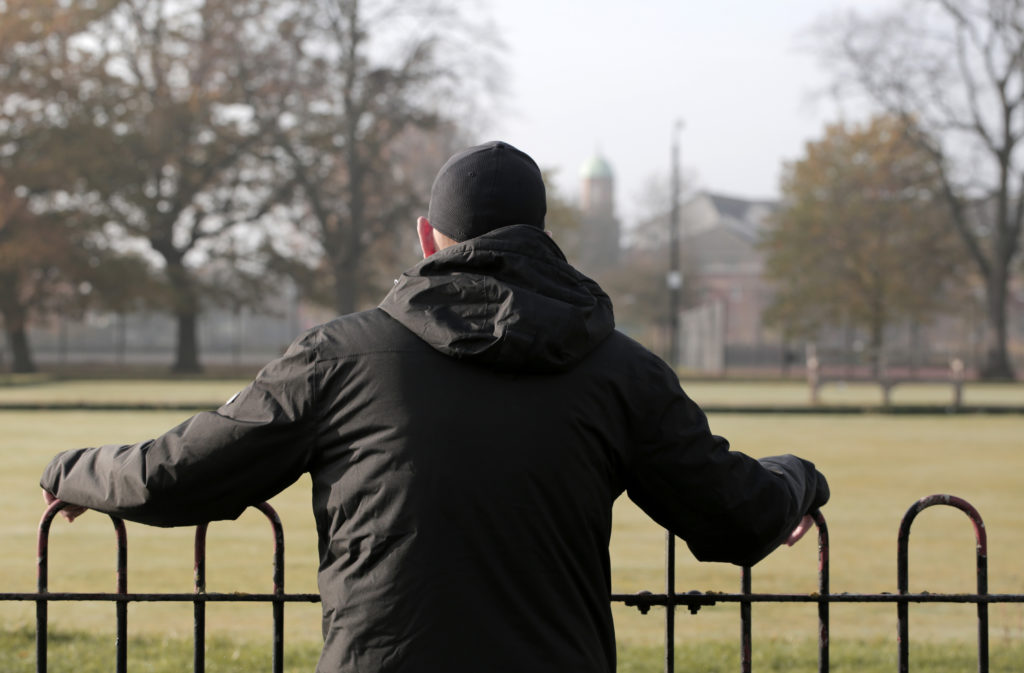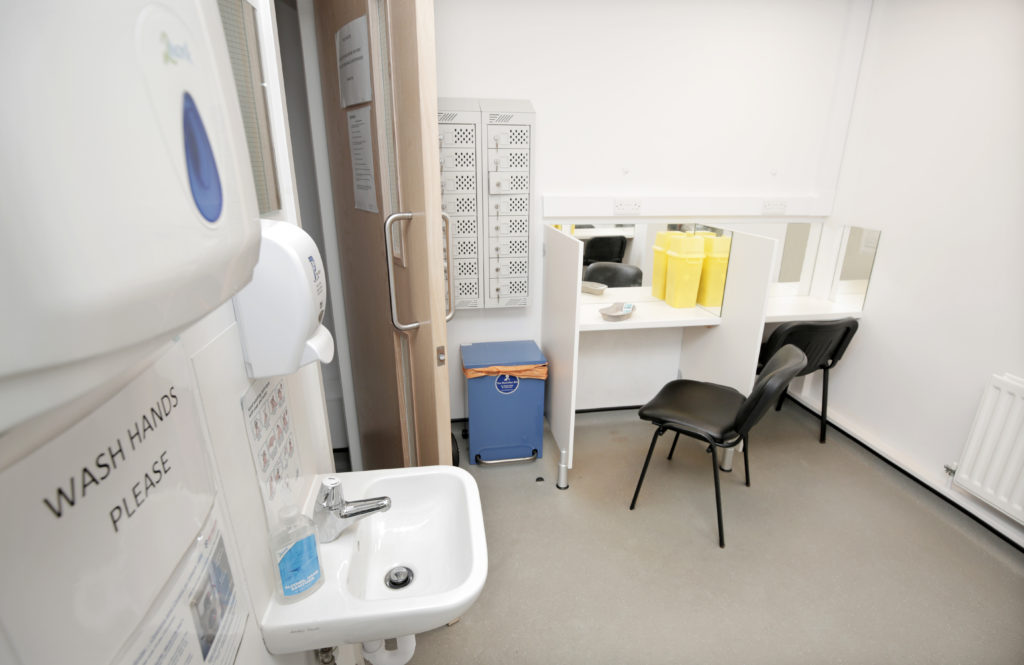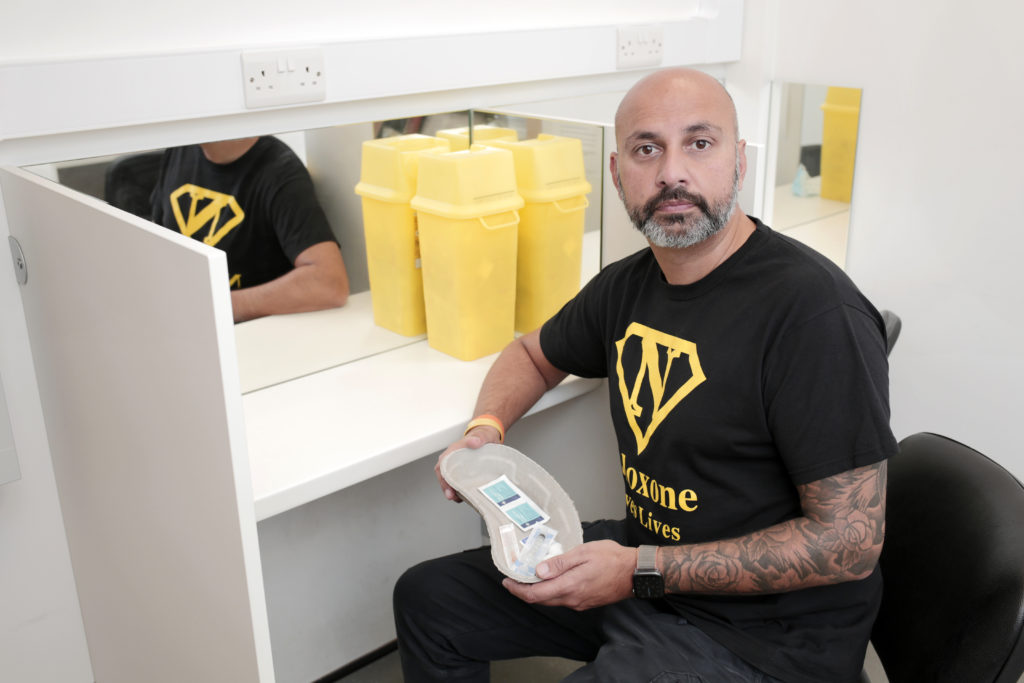
The awarding of a prestigious research grant has marked the first anniversary of a pioneering treatment programme that offers hope to the most entrenched street heroin users and reduces the enormous cost of their offending to society.
The Heroin Assisted Treatment (HAT) programme, the first of its type in the UK, was set up by the Office of Police and Crime Commissioner in Middlesbrough last year with the following aims:
- Reduce the number of street deaths caused through heroin addiction
- Promote independence, long term recovery and desistance from offending behaviour
- Provide respite for local residents and businesses so often the victims of crime to fund addiction
- Remove the health risks associated with street heroin and drug litter
- Free up the substantial public resources, including health and police, currently dealing with the problem
- Cut off the funding stream to drugs gangs
Now Teesside University has been awarded £60,000 to carry out in depth independent evaluation of the scheme and its results – one of just 31 successful bids out of 170 applicants for an Applied Research Collaboration (ARC) award from the National Institute of Health Research.
In the past year, 14 of the most ‘at risk’ individuals within Middlesbrough, for whom all other treatment has failed and who are causing most concern to Criminal Justice agencies and Health and Social Care Services, have been accepted onto the pilot. Some of them had been using street heroin for over 20 years prior to joining.
Analysis of six participants who have spent at least 30 weeks on the scheme revealed that before the pilot they had committed 541 detected crimes, with an estimated cost to victims and the public purse of £2.1m. Since starting treatment their combined crime total fell to three lower level offences.
In all six cases the individuals have either completed probation or shown improved compliance with their probation order.
The six participants recorded a 98% attendance rate at the twice-daily treatment sessions which continued throughout Covid and lockdown.

Self-declared data suggests none of the participants are now sleeping rough, their use of other illicit substances has declined markedly and their mental wellbeing is improving.
The scheme treats addiction as a medical condition. Patients are assessed and visit a clinic twice a day where prescribed doses of diamorphine are administered to replace street heroin.
Where HAT differs from previous schemes is that agencies are on hand at the clinic to assist with other challenges patients may face and which may be part of the root cause of the heroin usage – for example, other physical and mental health issues, debt and homelessness.
Of the 14 who have been accepted onto the scheme since its launch:
- Seven currently continue to receive treatment
- One left treatment voluntarily
- In two cases treatment had to be halted due to ongoing medical risk
- In two cases treatment has been paused due to other medical issues
- In two cases the client has left the programme after committing crime
There is ongoing assessment of other potential clients to join the programme.
The scheme was launched in October 2019 and is part funded by Cleveland’s Office of Police and Crime Commissioner using money seized from criminals under the Proceeds of Crime Act, with the clinical team led by Daniel Ahmed of the Foundations Medical Practice.
Funding for the second year has also been provided by Durham Tees Valley Community Rehabilitation Company and enhances existing staff resource provided by South Tees Public Health.
The pilot, which is licensed by the Home Office, has attracted interest from other local authorities, police forces and health agencies eager to find a solution to the problem of street heroin which is prevalent across the UK.
“This is not a soft option, it’s a smart option. What we are doing is following an evidence base that is producing results. These individuals have been involved in the criminal justice system and part of tough sentencing regimes during their lives and it has not been effective.
“Through this pilot we have seen dramatic changes in individuals’ lives. That’s had a dramatic impact on the local community in terms of reduction in crime, increase in social stability and a reduction in anti-social behaviour so a real positive across the whole board.”
Danny Ahmed, Heroin Assisted Treatment Clinical Lead

The announcement of the prestigious ARC grant award to Teesside University to carry out in depth independent evaluation of the scheme and its results illustrates how important this area of work is seen at national level.
Academics from the University’s new research Centre for Applied Psychological Science (CAPS), led by Professor Tammi Walker, will use the funding to continue and expand their research for a further 12 months from March 2021.
Working collaboratively with experts Professor Graham Towl (Durham University) and Dr Magdalena Harris (London School of Hygiene & Tropical Medicine), the funding will explore the experiences of individuals who have completed, discontinued or refused to engage with the HAT pilot programme and other key stakeholders. It will build on the small evaluation of 2019, but on a much larger scale.
Prof. Walker said: “New ONS data has shown that the North East is the worst area in the country for drug-related deaths – that is why this work is so important.
“Ultimately, we want to reduce the number of drug-related deaths, but also to enhance the quality of life for individuals who are opiate dependant, cut down habit-related offending and reduce the financial cost to society.
“This work has the potential to contribute significantly to evidence-based policy relating to harm reduction and crime prevention and we are delighted that a research team from Teesside University is leading the way.”
